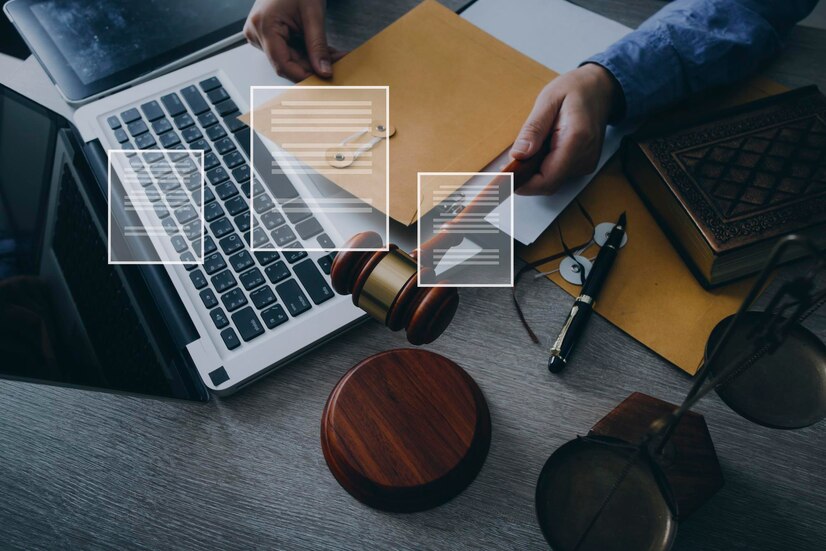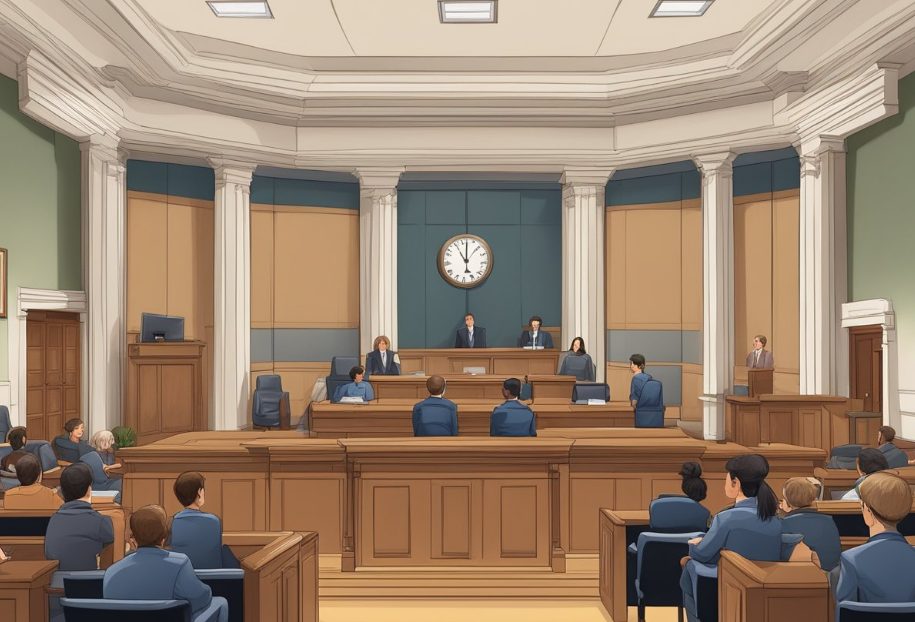Navigating Personal Injury Law: Understanding Types Of Cases And Finding The Right Specialist

In the difficult realm of private harm law, people regularly discover themselves grappling with diverse felony complexities following injuries, accidents, or harm caused by the negligence of others. From car injuries to administrative center injuries, the landscape of personal injury instances is various and multifaceted.
This article goals to shed mild on the wonderful styles of non-public harm instances, emphasizing the significance of expertise in those nuances and, crucially, finding the right expert to navigate the intricate prison strategies.
Overview Of Personal Injury Law
Personal injury regulation encompasses a large spectrum of cases in which people suffer damage because of the movements or negligence of others. This prison domain involves seeking reimbursement for damages incurred, frequently requiring an intensive exam of the circumstances surrounding the incident. At its core, personal harm instances commonly involve establishing negligence and pursuing simple compensation for the damage suffered.
Common Types Of Personal Injury Cases
Car Accidents
Among the most unusual personal injury cases are the ones arising from automobile accidents. Ranging from minor collisions to severe crashes, those incidents often bring about physical injuries, property harm, and emotional trauma. Legal considerations in automobile coincidence cases consist of determining fault, assessing damages, and negotiating with insurance organizations to make certain honest repayments.
Slip And Fall Cases
Slip and fall incidents, falling below the umbrella of premises liability, arise when individuals are injured on someone else’s property. Establishing legal responsibility includes comparing whether or not asset proprietors took reasonable steps to preserve safe conditions. These cases frequently hinge on premises liability legal guidelines and the obligation of care owed by belongings proprietors to traffic.
Medical Malpractice
Medical malpractice cases emerge when healthcare experts fail to offer the same old of care predicted of their subject, resulting in damage to patients. Proving scientific negligence in these cases may be noticeably problematic, necessitating deep know-how of each prison’s principles and scientific practices.
Product Liability
Product liability cases revolve around injuries as a result of defective or defective products. Holding producers answerable for injuries on account of substandard merchandise calls for comprehensive know-how of product legal responsibility laws and regulations. These cases often involve proving design defects, manufacturing defects, or insufficient warnings.
Workplace Injuries
Workplace injuries can give rise to private injury claims, and in a few instances, employees’ repayment claims. Navigating the complexities of the place of business harm cases requires information on the differences between non-public damage and workers’ reimbursement laws. It’s important to seek felony suggestions to decide the maximum appropriate course of motion.
Importance Of Finding The Right Specialist
Legal Expertise
Different personal harm cases call for particular prison know-how. Finding an expert with expertise in the applicable location is paramount. For example, a car twist of fate case requires a legal professional properly versed in site visitors laws and insurance guidelines, even as a scientific malpractice case necessitates deep information on scientific standards and tactics.
Investigative Skills
Building a compelling private injury case is predicated heavily on thorough investigations. An expert with sturdy investigative competencies can acquire evidence, interview witnesses, and reconstruct events to set up a sturdy case. These abilities are particularly essential in cases wherein legal responsibility can be disputed, requiring a meticulous examination of the statistics.
Negotiation And Litigation Experience
Negotiating with insurance corporations and representing customers in the courtroom requires awesome skills. A pro-private damage professional possesses the capability to navigate negotiations efficaciously and, if vital, litigate the case in court. This experience is essential for achieving favorable effects for customers and ensuring they acquire truthful compensation.
How To Choose The Right Personal Injury Specialist
Researching Attorneys
When embarking on the adventure to discover the right private damage lawyer, utilize online resources, evaluations, and testimonials to investigate potential candidates.
Look for experts with a confirmed track document of fulfillment in handling instances much like yours. Additionally, seek referrals from pals, circle of relatives, or other trusted sources to advantage of treasured insights into a legal professional’s popularity and competencies.
Consultations And Interviews
Schedule initial consultations with capable legal professionals to discuss the information of your case. This assembly is a possibility to invite applicable questions, check the legal professional’s expertise and experience, and advantage insights into their technique for dealing with non-public harm cases. Additionally, use this time to gauge their responsiveness and communicate fashion.
Fee Structures And Agreements
Understanding the lawyer’s charge structure is important, especially in non-public injury instances where contingency fees are common. An obvious dialogue about prison expenses guarantees that you are aware of potential expenses and may make informed decisions regarding your criminal representation.
Conclusion
Navigating the complicated landscape of private damage law demands now not simplest a deep knowledge of the unique type of case at hand but additionally the information of an expert nicely versed in the nuances of the legal techniques involved. Whether you have a skilled vehicle accident, slip and fall, scientific malpractice, product legal responsibility, or place of work damage, locating the right expert is paramount for a successful outcome.
In this pursuit, Contact Melanson Law emerges as your dependent best friend in non-public damage law. With a commitment to presenting tailored legal representation, Melanson Law brings a wealth of revel in, prison expertise, and a song document of successful consequences to the desk. By selecting the right private injury expert, you ensure that your specific case is navigated with confidence, advocacy, and a determination to secure the justice and repayment you rightfully deserve.
Read Also:













